World Vision Niger : From traditional teaching to distance learning using technology
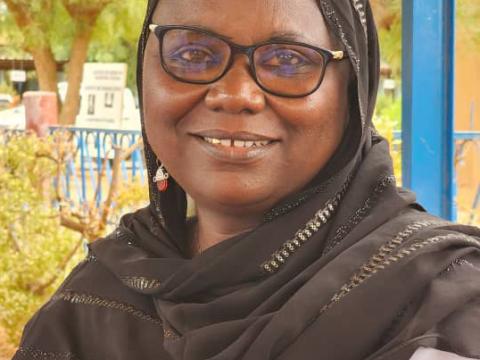
An article by Maman Rabi Garba Alfa Bano, Education Manager World Vision Niger
24 January 2025, International Education Day
In an ever-changing world, the challenges facing organisations and actors in the education sector working in complex and rapidly changing contexts are multiplying. Emergencies, whether caused by armed conflict, natural disasters or other humanitarian crises, have a devastating impact on access to quality education. To this end, international policies and frameworks on education in emergencies are being developed to ensure that education remains accessible and of high quality even in the most difficult circumstances, and to establish minimum standards (Inter-agency Network for Education in Emergencies).
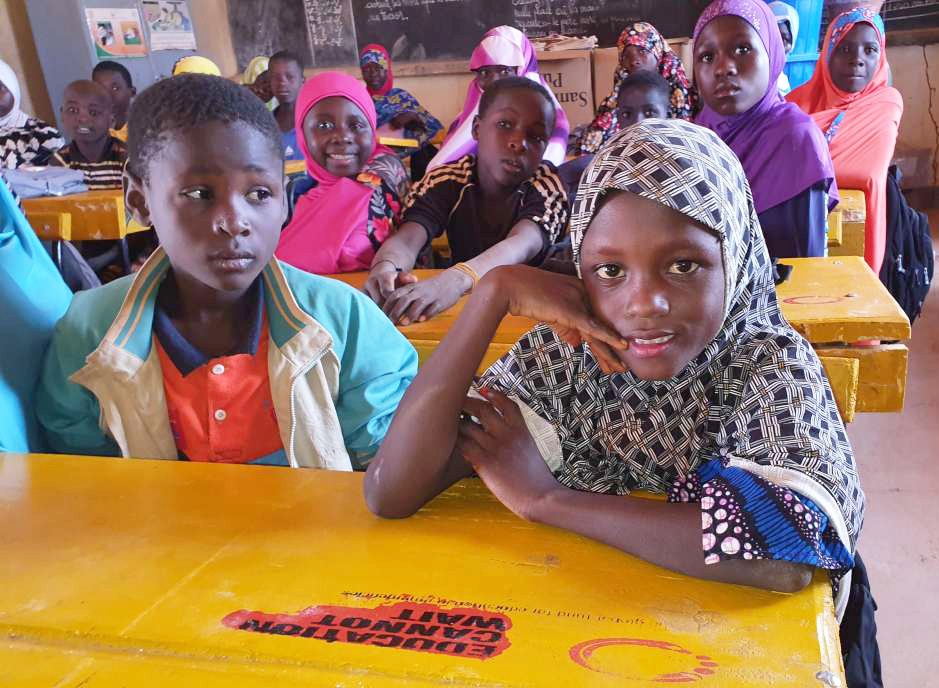
The Initiative for Education in Emergencies (INEE), which provides guidelines for education programmes in emergencies, and various methods of intervention, such as the use of information and communication technologies in education (ICTE), are being implemented through the efforts of humanitarian and development organisations. In general, innovative methods include more flexible and creative approaches to providing quality education in emergency contexts.
This may include:
- Using technology for distance learning
- Creating community learning spaces
- Training teachers in teaching methods adapted to emergency situations
- integrating education into broader community development programmes.
In Niger, the introduction of technology and innovative methods has enabled many children to continue their education in areas affected by conflict or disaster.
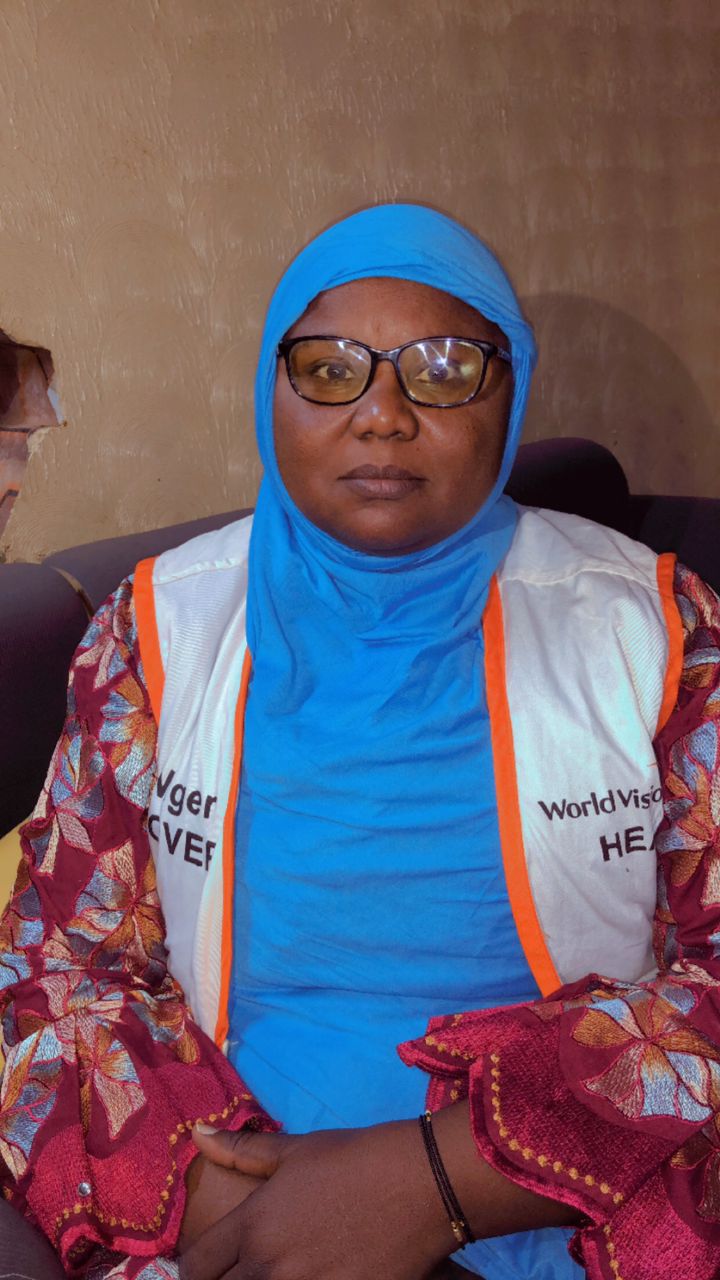
From traditional teaching to distance learning through technology:
A much-needed change of perspective
World Vision Niger is one of the most prominent organisations to use education through technology. Niger is one of the countries where education is most threatened, with more than 800 schools expected to close by 2024. The obstacles to educational continuity are particularly acute when faced with innovative methods that are limited or not adapted to the context.
The Unlock Literacy model project, an innovative and highly effective approach implemented in World Vision Niger's intervention zones, has demonstrated its effectiveness in the context of educational continuity in recurrent crisis situations.
The approach, implemented from 2019 to date, has had to adapt quickly to the ever-changing security situation and the unprecedented impact of Covid-19, particularly on isolated communities. Nearly 35,000 children enrolled in primary school, 55.3% of them girls, have been able to access and remain in the system thanks to this innovative approach and the use of information technology tools.
The project has addressed one of the most important factors in access to inclusive education, namely raising awareness of the importance of educating children at the family and community level.
An educational radio initiative launched by World Vision, with funding from Education Cannot Wait, helped to meet the need for educational continuity during the Covid 19 crisis.
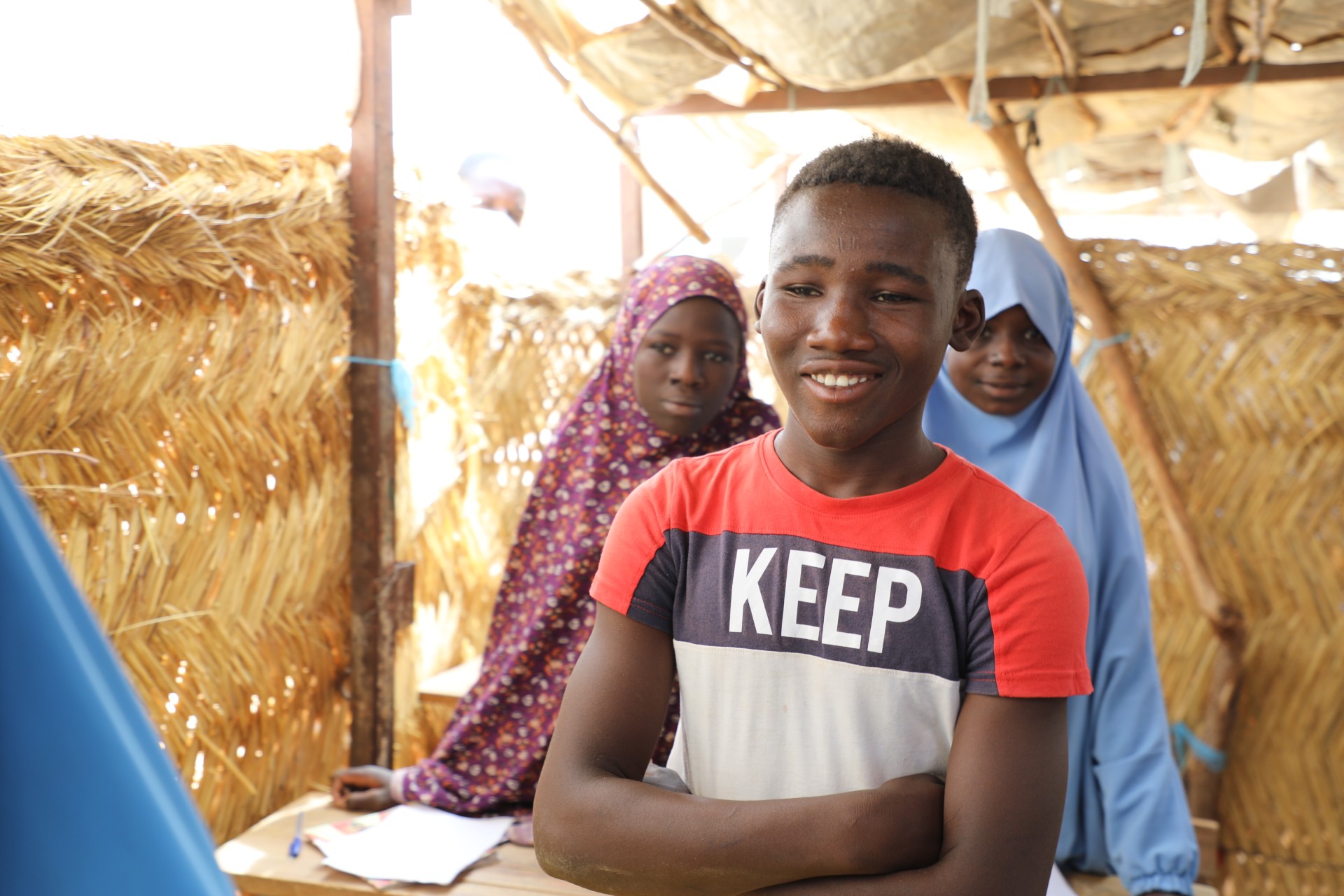
Awareness-raising messages were broadcast on the radio to enable parents of schoolchildren to accept the enrolment and retention of their children by relying on social prevention and distancing mechanisms, and to involve their children in reading camp activities despite the closure of schools at certain times.
This approach has been widely praised for its effectiveness and ability to reach a wide audience in a rather unusual context where direct contact with the target audience was not possible, thus initiating a change of perception in areas rich in traditions, customs and mores that hinder the enrolment and retention of children, especially girls, in the education system.
Raising community awareness, especially in regions such as Maradi, was essential. Many people need to be educated about the importance of educating girls and school-age children during emergencies using technological tools.
"Communities need to be aware of the risks children face when they are out of school," says Maman Rabi, Education Technical Programme Manager.
World Vision's School Test about Reading (STAR) toolkit and Measuring Education Quality Achieved (MEQA) tool use assessments to improve learning environments in humanitarian contexts by encouraging community participation and monitoring quality outcomes.
The data and information collection tools and applications have enabled schools and students to be reached in both stable and insecure areas. The other benefit has been improved access to inclusive and protective education opportunities, both immediately and in the long term. Approximately 110 schools with a total enrolment of around 39,500 students in grades 1-3 of primary school are regularly reached with school environment tests and student achievement assessments using Tangerine mobile applications, which provide reliable, high-quality data in record time.
With the advent of Covid-19 and the resulting insecurity, World Vision Niger used technological tools to implement some of its activities (teacher capacity building programmes and exchanges with education partners).
For example, the WhatsApp application has been very important in bringing together and maintaining a regular flow of information/communication with education stakeholders, including those in vulnerable areas.
Teaching in classrooms and reading camps is monitored remotely using the MEQA tool, an application that allows for the monitoring of teachers in classrooms (observation of lessons by counsellors) and monitors (management of reading camps). This tool is essential because it has enabled World Vision Niger's programmes to have clear quality data with immediate feedback, compiled in a dashboard for use in improvement and reprogramming.
Among the lessons learned are the following:
ICTs offer many possibilities for improving the effectiveness and efficiency of interventions by enabling quick and easy access to information, remote communication, and real-time monitoring of projects.
For example, online platforms make it possible to deliver online courses in emergency situations. Tools such as project management software facilitate coordination and collaboration between stakeholders. However, the use of ICTs also poses challenges, such as the need for reliable connectivity, adequate infrastructure and technical skills.
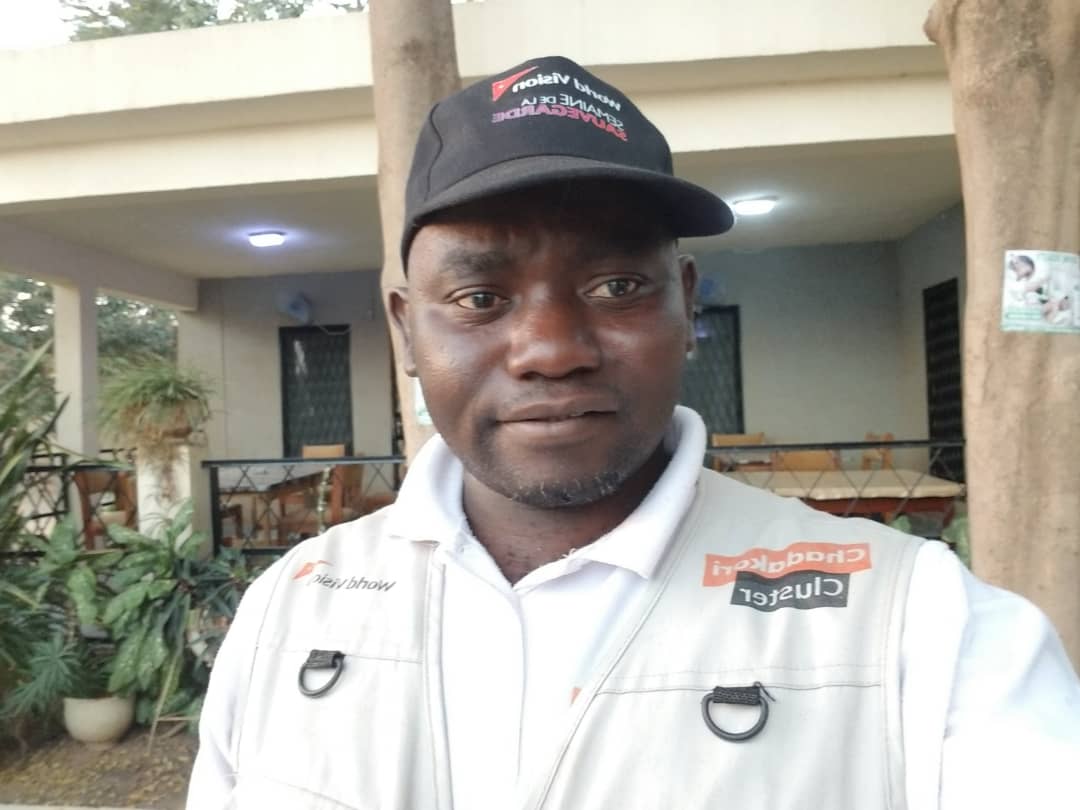 "As many teachers live in remote areas, distance learning was the obvious solution for us, and materials were developed and made available to teachers", Chamsoudine Abdoulaye Abdoulaziz, Education Specialist World Vision Niger Maradi cluster.
"As many teachers live in remote areas, distance learning was the obvious solution for us, and materials were developed and made available to teachers", Chamsoudine Abdoulaye Abdoulaziz, Education Specialist World Vision Niger Maradi cluster.
However, when it came to implementing the technology initiatives, the lack of infrastructure (no high-speed internet access in many regions and insufficient numbers of smartphones and computers) made it almost impossible to deliver the remote action programmes as originally designed. (For example, it was impossible for stakeholders to use the MEQA dashboard because of the lack of computers and connectivity in some areas: 'Then you realise that there's no stable network for online training, or they don't have powerful smartphones or laptops, but these actors still need to be trained and the children still need to be enrolled and kept in the system.
We have to adapt very quickly to meet this challenge,' says Maman Rabi, Education Technical Programme Manager.
As part of the implementation of projects (Enhance children reading Ability in Niger, ECRAN, etc.), much has been done to support the technical capacity building of remote actors by providing them with computer equipment (smartphones, computers) and strong connectivity at office level to facilitate the use of ICTs.
We will increase this support to increase the use of technology to achieve our goals in high-risk access areas.
Finally, new methods of intervention offer exciting prospects for improving the effectiveness, efficiency and impact of humanitarian and development projects.
By using information and communication technologies, incorporating participatory and community-based approaches, and adopting concepts of environmental sustainability and empowerment, these methods allow us to question our practices and find solutions that are better adapted to complex, ever-changing contexts. By exploring these innovative approaches, we will be better prepared to meet the challenges of an ever-changing world and to promote meaningful, sustainable change.
Many thanks for the technical support: Global Education: Anna tenario, Ann Munene, and members of the former Education technical support structure: Alodia Santos, Rita Chalhoub.
Grant offices: World Vision USA , Canada, UK, Taiwan, New Zealand, Koree.
Education partners: UNICEF, ECW, Cluster Education, Government of Niger.